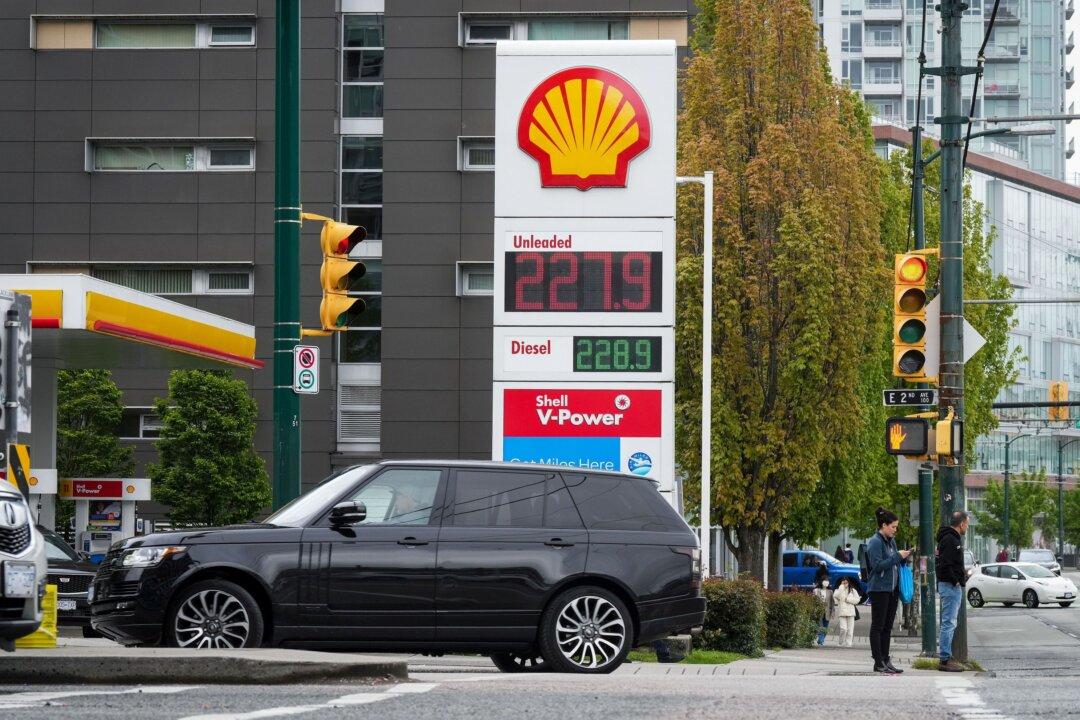Advocates for taxpayers and affordable energy blame the various levels of government in Canada for high gas prices and resultant high inflation, saying that tax relief and promotion of pipelines and the energy sector would alleviate the problem.
In recent days, gas prices reached record highs in most regions of Canada, surpassing $2 per litre. Franco Terrazzano, federal director of the Canadian Taxpayers Federation, says Canadians are feeling the pinch.





